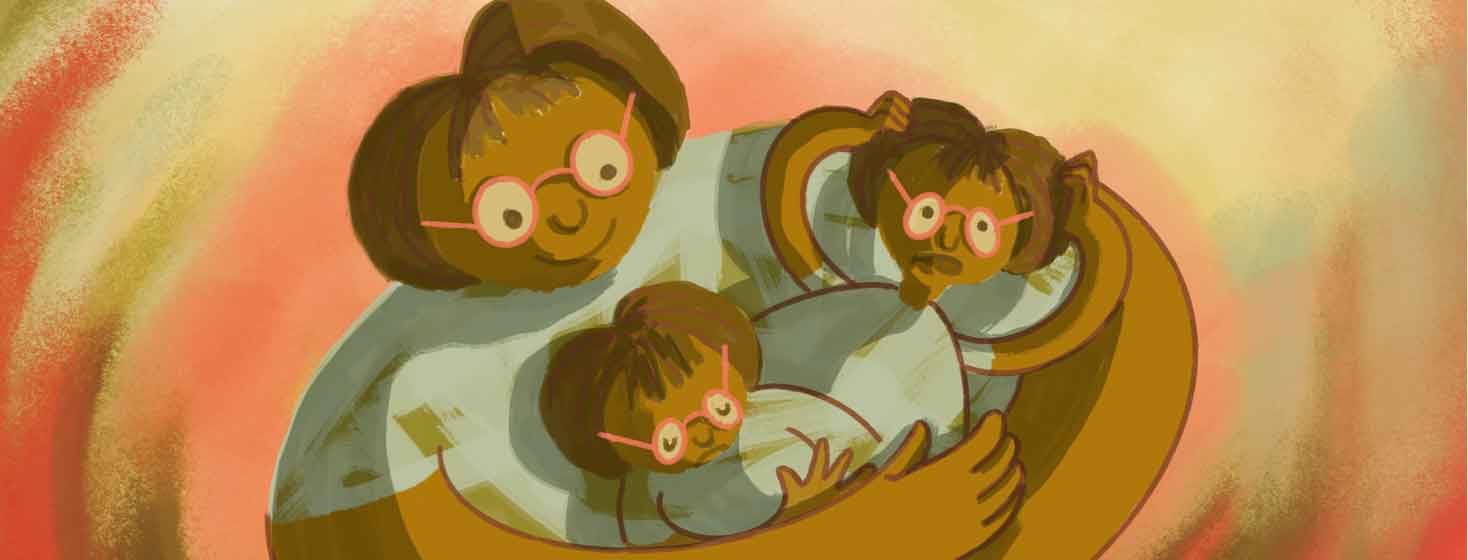So You Have a Rare Disease… Now What?
Being diagnosed with a rare disease can be shocking, even scary! When I was diagnosed with Narcolepsy Type 1, I was relieved to know what the source of the problem was, but also intimidated by the lack of treatment options available and common knowledge surrounding the condition.
What I wish I knew when diagnosed with a rare disease
Looking back on this, there are a few words of wisdom I’d impart to myself to help the transition to my new life with Narcolepsy to be easier. While I can’t get in a time machine and help out my past self, I can share these tips in the hope that they will be helpful to others in my situation – those newly diagnosed with a rare disease.
Advice for those newly diagnosed
Here are a few words of wisdom to focus on if you’ve been diagnosed with a rare disease:
Accepting your rare disease diagnosis
Acceptance is a journey. I’ve personally found that professional therapy services have been imperative in helping me process the grief that comes along with a new diagnosis. I had to grieve the loss of my medical career due to my physical abilities being so limited. It was easy to fall into depression after my diagnosis and many failed treatment plans. Every day I have to work on accepting my limitations. Therapy has helped give me the tools to do so.
Connecting with others that share your diagnosis
I felt very alone when I was diagnosed with narcolepsy. My support team consisted of my doctor, who did not know everything about narcolepsy and the medications he was prescribing me. And he was a sleep doctor!
When my therapist suggested that I connect with other people with narcolepsy about the condition, I was skeptical. I’ve always been a bit of a loner, and the thought of going to a support group and sharing my thoughts and feelings was intimidating. However, the support I found in my narcolepsy community has been invaluable to my growth as a person living with this disease.
I’ve learned the importance of community care – allowing yourself to be cared for and caring for others. Connecting with other people that share my rare disease has helped me to find solutions to problems that I would have otherwise struggled with, alone, for a longer amount of time.
Respecting your limitations
Getting to know your limitations with a rare disease is essential. Sometimes we have symptoms that interfere with our daily lives. Instead of fighting against these limitations, I’ve had to learn to live with them. In doing so, I take multiple naps a day and set aside “recovery days” after a big event to ensure my health does not suffer. It can be so hard to accept limitations, but once we learn to respect them we can learn the best ways to live with them – with less anger and sadness, and more empowerment.
Advocating for your needs
Having a rare disease likely means that people, even medical providers, likely aren’t knowledgeable about your disease. Advocating for your needs can include knowing when a medication isn’t working for you, or when you need breaks during work. I personally have to advocate for my needs in relationships, because of all the naps I take and symptoms I have that I cannot control. The right people will listen.
Did I miss anything? What was your first reaction upon being diagnosed with a rare disease?

Join the conversation